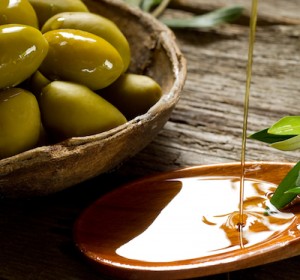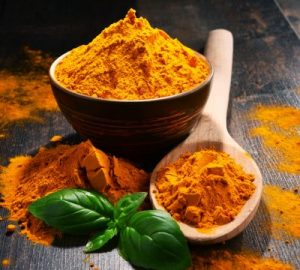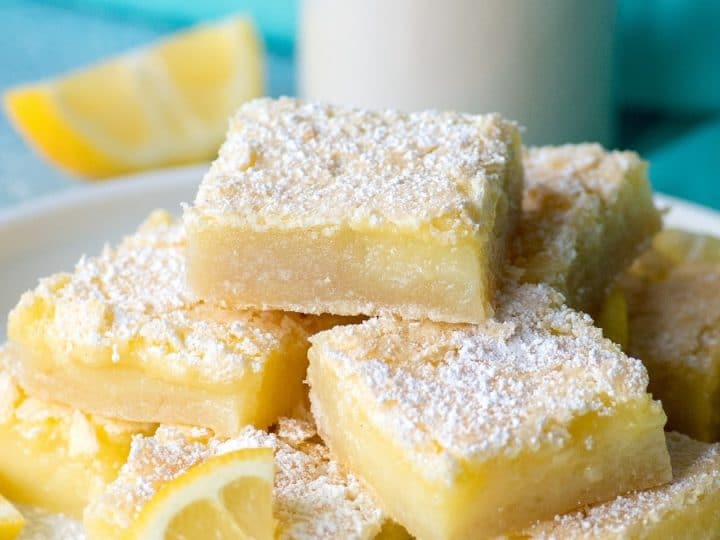Humanity has been cultivating and consuming olives since biblical times. The oil of this fruit was even considered sacred and was used to anoint kings. Today, olive oil is a common staple in both residential and commercial kitchens. Not only does it have a wide array of culinary applications, but a myriad of health benefits as well.
The benefits of olive oil include cardiovascular protection, brain health, antioxidant action, and skin health, among others. However, these benefits are only present when you are consuming real olive oil that has not gone rancid. Unfortunately, much of the olive oil available on grocery store shelves does not meet these criteria.
Olive Oil Fraud Revealed
Investigative reports from 60 Minutes and food journalist Larry Olmstead have revealed that anywhere from 60 to 90 percent of the olive oils sold in American grocery stores and restaurants are adulterated. These oils are often labeled as “extra-virgin” and “first-press,” which are unregulated claims that are often meaningless. In fact even the expiration date on most olive oils is useless and indicates nothing about the oil’s freshness.
And don’t think that buying Italian olive oil will help you avoid these pitfalls! Italy can not even produce enough olive oil to meet their domestic needs. This means that very little of the olive oil exported out of Italy is of particularly high quality. In fact, due to infiltration of the the italian olive oil industry by what is called the “agromafia,” about half of the olive oil produced in Italy is adulterated!
Apparently, the mafia pervades every aspect of the olive oil business in Italy including farming, bottling, pricing, and transportation. In order to increase profit margins the olive oils they produce are diluted with low quality vegetable oil. Often, according to Dr. Joseph Mercola, these oils are cut with cheap, oxidized, vegetable oils, such as sunflower oil, peanut oil, or low quality rancid olive oil refined with harsh chemicals, all of which can be considerably detrimental to health.
Yet, even if you are able to find real extra-virgin olive oil that has not been cut with cheap inferior oils, you still need to be wary of rancidity.
Olive Oil and Oxidation
Oxidation is the process by which oxygen degrades the quality of an oil after it has been pressed. There is no way to completely stop oxidation but there are many ways to slow it down. Once oxidation of olive oil reaches a certain point, the smell, taste, and nutrition are affected and the oil is considered rancid. Light, heat, and oxygen are the primary drivers of oxidation, so by avoiding your oil’s exposure to these elements, rancidity can be largely mitigated.
Olive oil is composed primarily of monounsaturated fatty acids. These fatty acids are unstable and therefore more vulnerable to oxidation from light, heat, and oxygen. Oxidation of the fats in olive oil produces what are called advanced lipid oxidation end products or ALEs.
ALE’s are difficult to digest and consumption of them introduces free-radicals into the system and can lead to systemic inflammation and other adverse health effects. For this reason, it is vitally important to avoid consuming ANY oxidized oils whenever possible.
How To Find Healthy Olive Oil
Here are a few tips on finding the highest quality olive oil so that you can garner all the health benefits of this miraculous superfood.
- Amber Glass Bottles – Only buy olive oil that is stored in dark glass bottles. Plastic can leach into the oil and a clear bottles allow in light which will degrade the oil
- Always Extra-Virgin – Although this term is loosely regulated, the likelihood of the oil being low quality when not making this claim is basically 100%.
- Buy Local If Possible – You can meet the producers, visit the farm, ask questions, and know that what you are getting is fresh and authentic.
- Know The Origin – If local is not possible, choose olive oil from origins known for quality and authenticity. Chile and Australia are two safe choices.
- Opt For Organic – Organic olive oil is grown without the use of pesticides that are poisonous to people and the environment.
- Third Party Quality Seals – California Olive Oil Council and the Australian Olive Association require olive oil to meet quality standards that are stricter than the minimal USDA standards.
- Storage – Always store olive oil in a cool and dark environment. Cap the oil immediately after use to limit oxygen exposure. Buy small bottles frequently as opposed to larger bottles less frequently.
The Real Deal
Olive oil can be a valuable addition to a healthy diet as long as it is the real deal. Many oils are adulterated to increase profitability so it is important to do your research on the oil you are buying. Freshness and storage are essential to retaining the quality nutrition of the oil and avoiding the negative health consequences of rancidity. This is article is not intended to scare you away from eating olive oil but instead to empower you to choose the best olive oil possible for you and your family!
The best olive oil available is grown in Greece. This is because Greek olive oil is high antioxidant polyphenols which scavenge free-radicals and prevent oxidation of the delicate monounsaturated fatty acids found in olive oil. You want to always look for 100% organic cold-pressed extra virgin olive oil for maximum freshness.
References
- http://www.motherjones.com/environment/2016/08/olive-oil-fake-larry-olmsted-food-fraud-usda
- http://articles.mercola.com/sites/articles/archive/2016/12/17/fake-olive-oil.aspx
- https://draxe.com/olive-oil-benefits/
- http://c1.oliveoiltim.es/library/ucd-2010-report.pdf
















